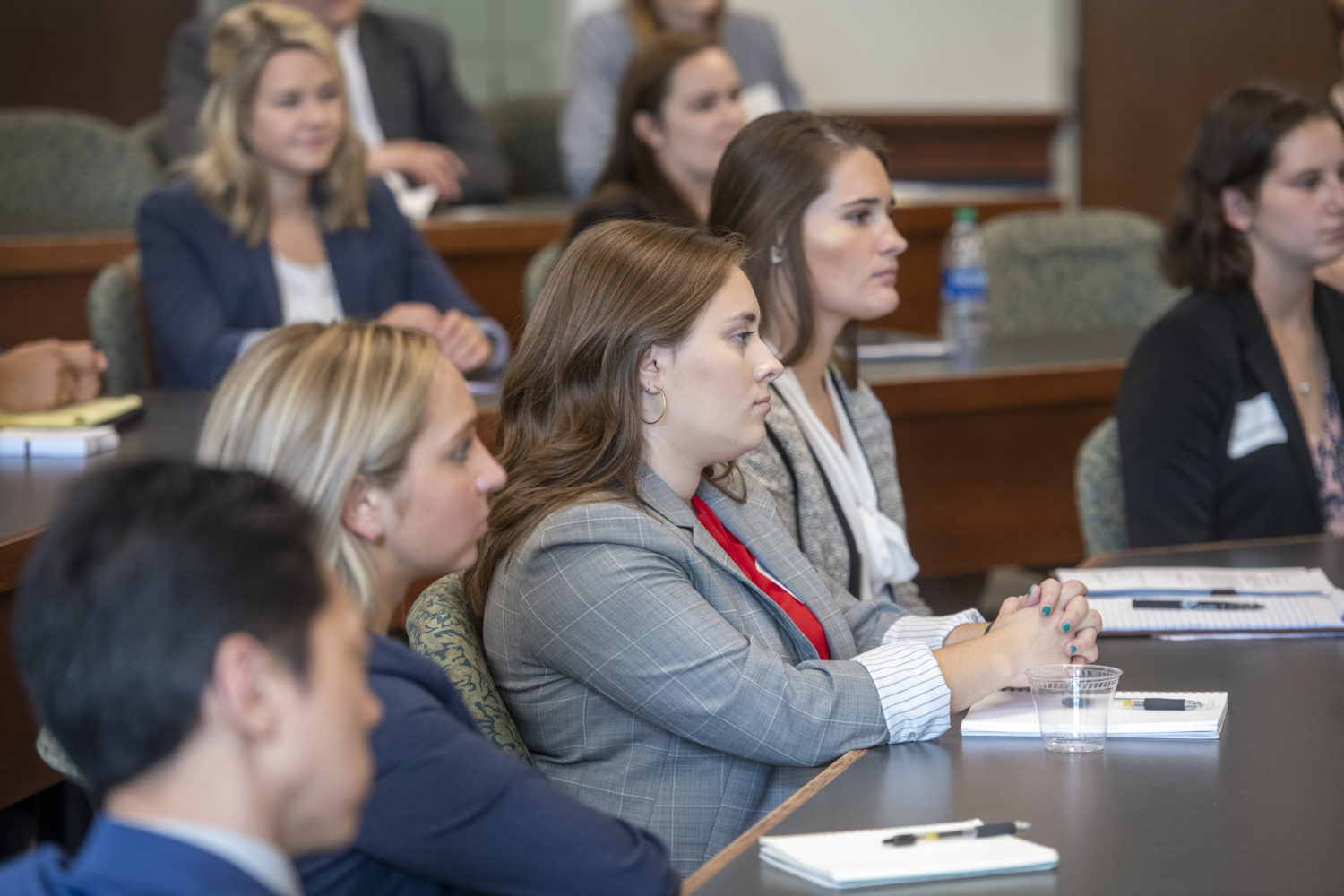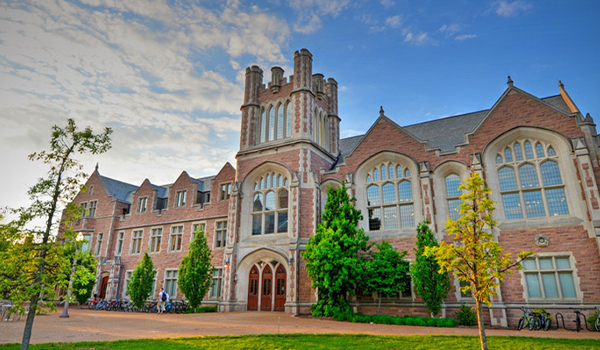Online Degree Programs

Master of Legal Studies
A program designed for professionals that want to leverage legal training to advance their career, but do not plan to become a practicing attorney. This program is designed so that students develop a solid foundation in US Law. MLS students come from a variety of backgrounds and industries. The MLS Tax program caters to professionals who don’t hold a JD but want to pursue a specialized understanding of tax law across a wide range of industries.
Master of Legal Studies
LLM in U.S. Law
The online LLM in U.S. Law program is designed for international lawyers who want to develop expertise in the U.S. legal system. Attorneys or law school graduates who want to expand their legal education and prepare for diverse careers can earn a graduate degree while continuing to work.
LLM in U.S. Law
LLM in Taxation
The online LLM in Taxation program is designed for lawyers that desire specialized tax law skills. Students in the online LLM in Taxation program will learn from a faculty of tax law experts bringing a wealth of industry knowledge and real-world experience to the classroom.
LLM in TaxationAcademics
Our online master’s degree programs from the top-20 ranked Washington University School of Law1 uphold the same rigorous academic standards that have made our on-campus programs among the best in the nation. Students will enroll in courses that are designed and led by the same faculty who teach on campus, attend face-to-face online classes with accomplished peers, and have opportunities to engage in in-person learning experiences hosted on campus in St. Louis, Missouri.
Acquiescence and Accreditation
WashULaw’s online MLS in Taxation program has obtained acquiescence from the American Bar Association (ABA). Learn more about acquiescence on the ABA website. For more than a century, Washington University in St. Louis has been accredited by the Higher Learning Commission (HLC). Find out more about the university’s HLC accreditation.
Start Dates
Winter – January
Summer – July
Fall – October
Key Dates
Program Start Date – July 10th, 2024
Remote Meeting Request for Online Program | Email
